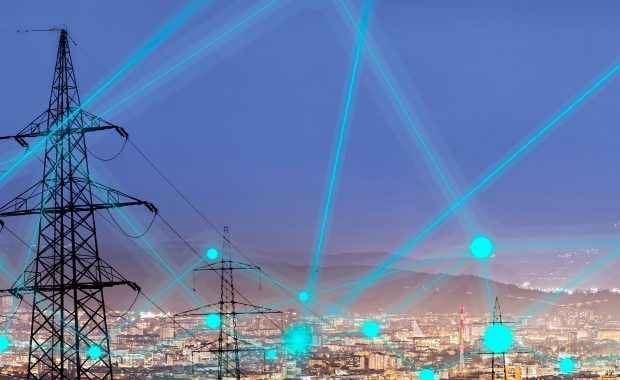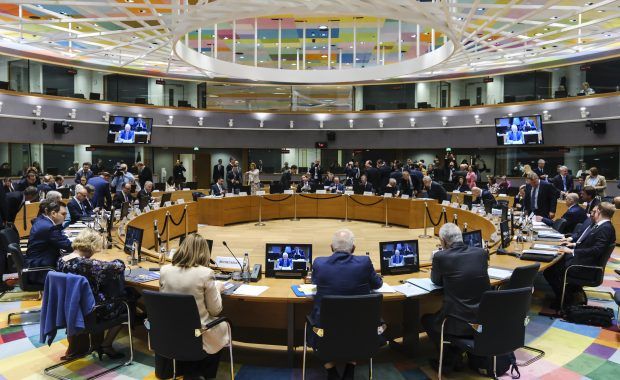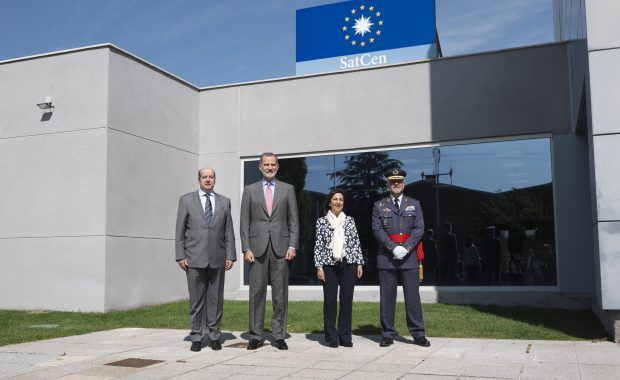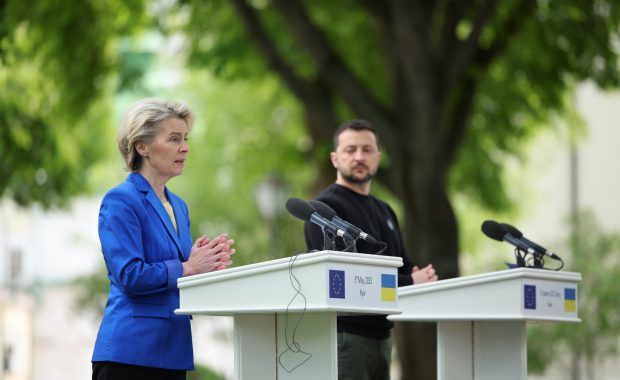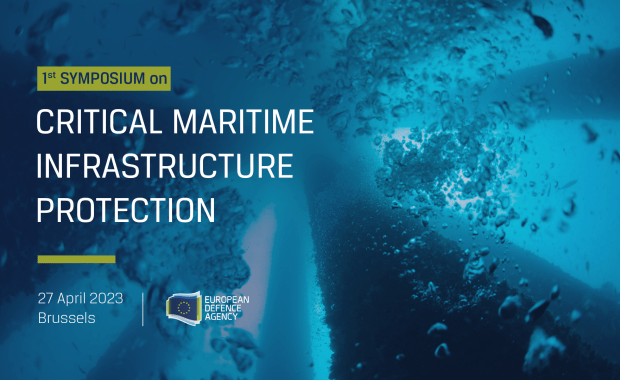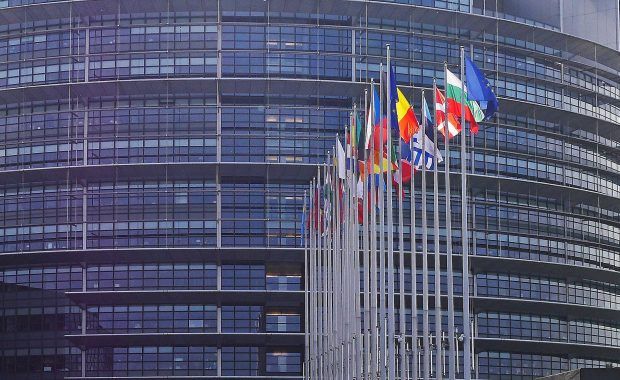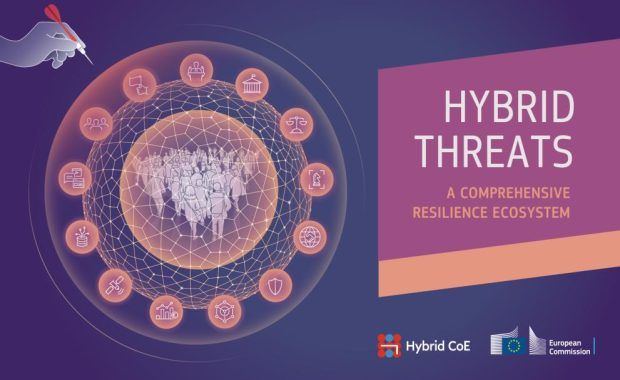What should the European Union and its Member States do if its energy production and transport infrastructure were attacked by hostile groups in a region where like-minded, democratic countries coexisted with unfriendly authoritarian regimes? What if vulnerable critical energy infrastructure was essential for defence? As the European Defence Agency contributes to EU security, EDA organised […]
Read MoreForeign affairs ministers discuss situation in Ukraine
The Foreign Affairs Council exchanged views on the Russian aggression against Ukraine focusing on the various ongoing strands of work, in particular continued military assistance for Ukraine’s defence and measures to isolate Russia. The High Representative urged EU ministers to speed up the delivery and joint procurement of ammunition for Ukraine, and to finalise work for […]
Read MoreThe King of Spain visits the European Union Satellite Centre
The European Union Satellite Centre was honoured to host His Majesty the King on a special visit to SatCen headquarters on 11 May 2023. It was the King’s first visit as Head of State and Supreme Commander of the Armed Forces to the Centre, coinciding with 30 years since the start of SatCen’s operational activities. […]
Read MorePress statement by President von der Leyen with Ukrainian President Zelenskyy
Dear President Zelenskyy, dear Volodymyr, It is an honour and it is a privilege to be here on the 9 May. The 9 May is a day to celebrate peace and unity in Europe, to remember the lessons of our history and to commit to leave a better future for the next generations. So it […]
Read MoreEUVSDiSiNFO on Victory Day: May 9in the past in the USSR and Russia
Since 2008, Victory Day celebrations of the defeat over Nazi Germany have become yearly and has turned into what some Russian opposition observers call ‘Victory Madness’ (победобесие). The scale and intensity of World War II’s glorification and of the Kremlin as an eternal defender against ‘Nazism’ have become unprecedented. But that was not always the […]
Read MoreMore EU cooperation needed to mitigate risks to critical maritime infrastructure
Critical maritime infrastructure is fundamental to the security and economic stability of the European Union. With the majority of global trade and commerce taking place via sea routes, any disruption to maritime infrastructure can have severe consequences. From underwater infrastructures attacks – such as pipelines and undersea cables – to illicit activities like terrorism, piracy, […]
Read MoreEuropean Parliament calls for a coordinated EU strategy against foreign interference
Political elites in the EU advancing Gazprom’s agenda and Hungary’s susceptibility to Russian intelligence activities are among many examples named in the new report. The EU needs a coordinated strategy against foreign interference and information manipulation (FIMI), including measures to enforce better existing provisions to fight it, say MEPs in a report adopted on Wednesday. […]
Read MoreGeopolitical consequences of Russia’s war of aggression against Ukraine
At a meeting on 24 April, EU foreign affairs ministers focused on military support, restrictive measures, food security, and accountability but also the implementation of the action plan on the geopolitical consequences of this war. The EU aims to strengthen its partnerships around the world to reinforce global stability and growth. Sudan The Foreign Affairs […]
Read MoreA new method to help policymakers defend democracy against hybrid threats
Hybrid threats pose a specific danger to the EU and other democracies, because they target core democratic processes and weaken citizens’ trust in their institutions and governments. In recent years, authoritarian regimes and non-state actors use hybrid threats to achieve their hostile, strategic objectives. By combining different types of tools and organised actions, such as […]
Read More
